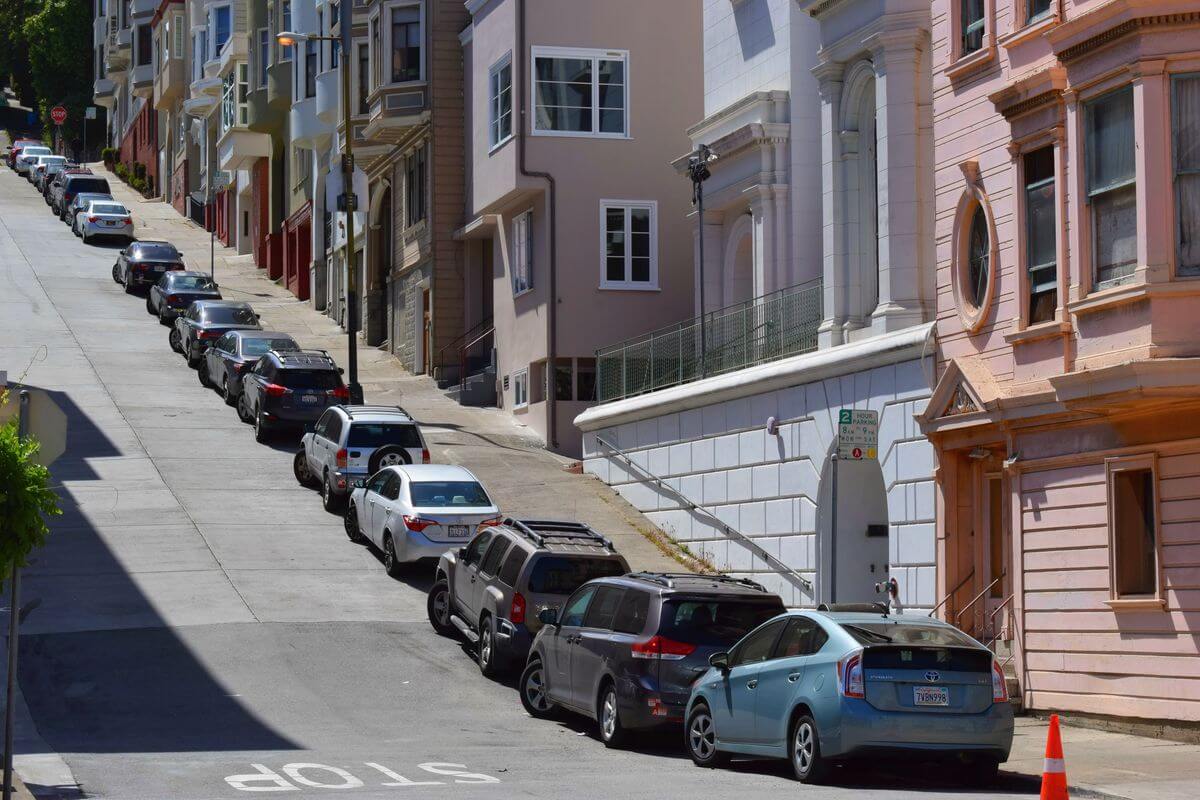Parking wars in the Bay Area

The irony doesn't escape us.
Several policymakers have falsely accused landlords of fomenting a homelessness crisis, but San Francisco has been called out on its practice of "poverty tows." Since 2018, the City has towed and seized thousands of legally parked vehicles when the owners have allowed parking tickets to pile up.
It's well established that law enforcement can remove vehicles from the streets that are interfering with traffic or posing a threat to public safety, but in Coalition Homelessness v. City and County of San Francisco, the First District Court of Appeal overturned the lower court's ruling, saying that tows are a significant intrusion on property rights and absent a threat to public health or convenience at the time of the tow, San Francisco's practice of warrantless towing of legally parked cars (and in some cases auctioning off cars) is illegal.
Of course, the thousands of dollars often required for owners to recover their cars inordinately impact people without the financial resources to do so.
The cerebral types can read the entire discussion and decision here »
This case gives us a good springboard to talk about parking around rental units.
With space being such a scarce commodity, it's no wonder why parking is not only a tribulation for drivers but a trial for tenants and is rife with disputes.

Here are but a few concerns:
› Carving out makeshift parking spaces that are not authorized. Think parking on a lawn, in front of dumpsters, double parking, cars off to the side of the driveway, etc.
› Overtaking a neighboring resident's designated parking spot, thus creating a nuisance by interfering with another's "quiet enjoyment" of the property.
› The abuse of guests who overstay their welcome by parking their cars too long.
› Overuse by tenants of allocated parking space by adding other vehicles such as a motorcycle, an RV, trailers, boats and otherwise pushing the envelope.
› Junked or inoperative vehicles that create an eyesore.
› Turning the parking spot into an impromptu car wash or repair shop with tools and trinkets that spill into areas designated for other tenants.
› Converting a parking space into a storage area and, worst of all, using a garage as a living area.

When there are violations, what is a landlord to do?
San Francisco seemingly has been overexuberant in towing vehicles and we admonish rental housing providers not to do the same. If certain procedural requirements are met, landlords can tow vehicles, but the question is just because they can, is it prudent? And the answer is it depends.
If the pandemic taught us anything, it is that good, steadily paying tenants are worth their weight in gold. With rents on the decline, there’s been a lot of talk about how to attract and retain the best tenants. Of all the ideas being put forth, towing their vehicles is not one of them.
Having a polite conversation with the tenant about parking issues will, hopefully, be enough to correct the matter, but for serial violators, we may need to escalate the issue.
Is parking spelled out in the lease?
Ideally, parking is addressed in an ironclad lease. We don't want to leave parking a finders-keepers, ambiguous subject and if parking is not addressed in the lease, we can always add an Addendum to provide clarity on what the rules of the road are.
When all else fails, Bornstein Law can issue a 3-day notice demanding compliance with the parking rules and if the tenant continues to engage in rogue parking, we can proceed with an unlawful detainer (eviction) action based on any number of theories.
Lease violation
If parking guidelines are embedded in the lease and the tenant repeatedly violates these conditions, it may be grounds for eviction.
Health or safety violation
In some cases, the way a tenant parks their vehicle creates a hazardous condition. For instance, the vehicle blocks an emergency exit.
Nuisance
If the tenant's parking habits cause a nuisance to neighboring tenants by blocking other vehicles or by gobbling up more than their share of parking spaces, we can proceed with an eviction action because of the aggravation that ensues upon other motorists.
Of course, our strong preference is always to avoid litigation and resolve any dispute as quickly and inexpensively as possible, taking into account time, risk, and attorneys' fees.

Be careful in rent-controlled jurisdictions
Whenever housing providers tamper with certain amenities promised in the lease, it is prudent to consult an attorney because the tenant can argue that there is a "reduction in services" and that a commensurate reduction in rent should follow.
We are also following a bill - AB1377 requires all owners and managers to unbundle parking from rent. The bill would require owners to reduce the rent for a renewed lease or rental agreements inked after January 1, 2004, by the amount of the market rate cost of the parking before increasing rent.
We'll park that issue for now and reserve that for another article, but in parting thoughts, Bornstein Law is built to handle a myriad of disputes, among them where inherently mobile vehicles are parked.
